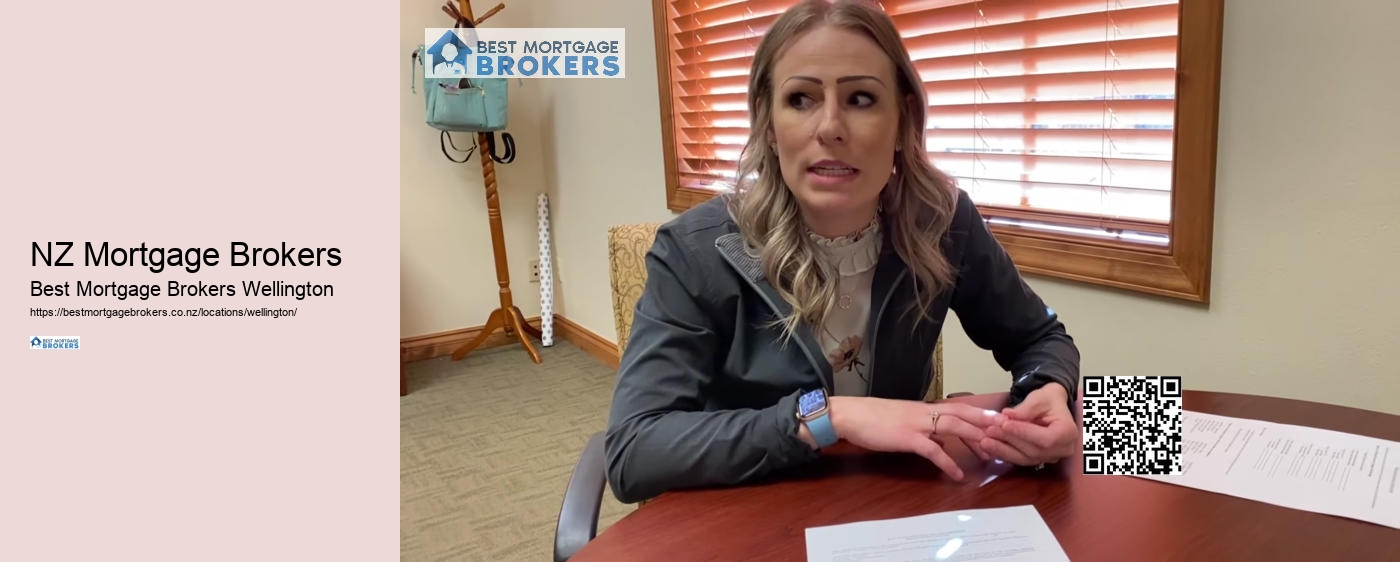
Understanding the importance of mortgage insurance is crucial for protecting your investment in the event of unforeseen circumstances. Mortgage insurance helps protect lenders from defaults on mortgage payments. This is often required of homebuyers that put less than 20% down on the price of their home.
Mortgage insurance is a way for lenders to protect themselves and approve loans, even if borrowers do not meet conventional requirements of 20% down. Although mortgage insurance will add to your monthly payments, it may help you obtain financing for the home of your dreams.
This insurance ensures you will not lose your home due to foreclosure, and it helps maintain the stability in the housing market. You must understand the conditions and terms of your policy in order to know if you are covered and what to do if you need to make a complaint.
Start by obtaining a copy of your credit report to understand the factors affecting your credit score. Look for any errors or discrepancies that could be negatively impacting your rating. Credit bureaus can be contacted to correct any errors.
Pay your bills on time, and reduce the outstanding balances of credit accounts. Avoid opening new credit accounts, which can signal financial instability to lenders.
In some cases, lenders may offer specialized mortgage products for individuals with imperfect credit. This option may have higher interest rates, or require additional requirements.
A knowledgeable mortgage broker will help you to explore all options and find the best solution for your financial situation. Addressing credit issues early can increase your chances of being able to secure a mortgage.

Budgeting plays a vital role in achieving financial preparedness for homeownership. Budgeting can help you manage your finances more effectively and demonstrate to lenders that they are responsible borrowers. financial analysis Create a budget so you can track income and costs.
An organized budget will not only help you keep track of your finances, but it will also show mortgage lenders that they can rely on you to make mortgage payments in a timely manner. Lenders evaluate your ability to pay back a home loan by analyzing income, expenses, as well existing debts.
Budgeting can help prevent overspending, unnecessary debt, or falling behind on your payments. Budgeting will also allow you to save up for a deposit, closing costs, or other homeownership expenses.
By demonstrating good financial habits through budgeting, you can enhance your overall financial health and increase your chances of obtaining a mortgage that aligns with your homeownership goals. In choosing the right mortgage, you should consider all of the available options.
Mortgage term refers to the length of time over which you agree to repay your home loan. Mortgage terms are usually 15, 20 or 30 years long, but other lengths are available. Each mortgage term length comes with its own pros and cons.
Shorter mortgage terms, like 15 years, are usually associated with higher monthly repayments, but allow you to pay back your loan quicker and save interest in the end. A longer mortgage term (such as 30 years) offers lower payments per month, but higher overall interest costs.
Some lenders offer customizable mortgage terms, which allow you to select a term that is between the standard options. This flexibility can be beneficial if you want to tailor your mortgage to better suit your financial situation.
Considering the impact of down payments on your mortgage choice is crucial as it directly influences your financial commitment and overall loan terms. The initial amount paid upfront for the purchase price is known as the down payment.

The bigger your down payment, usually the lower you loan amount. This can lead to lower monthly payments and reduced interest costs over the life of the loan. The higher the percentage of downpayment, the better your rates.
In most cases, private mortgage insurance (PMI) is required by conventional loans where the down payment does not exceed 20%. If you make a substantial deposit, you could save thousands of pounds in insurance premiums.
This will translate into higher monthly payments as well as increased interest costs. Your financial goals and the amount of your downpayment must be balanced.
An advisor can give you personalized advice that is based on your financial situation in order to make the best decision. We'll guide you through the property appraisal process to help you understand your property's worth.
Property appraisals are a vital step in the mortgage process. Property appraisals are an objective estimate of the property's value, and can have a significant impact on the amount of loan you qualify for. financial consulting Appraisals by licensed professionals are based on factors such as location, size, conditions, and sales comparables in the area.
It's essential to prepare your property by ensuring it is clean, well-maintained, and showcasing any recent upgrades. While you cannot influence the final appraisal value directly, presenting your property in the best light can positively impact the appraisal outcome.
This ratio can affect the interest rate and loan amount. It may even require private mortgage insurance. mortgage brokers
The importance of closing costs can be revealed by navigating the property appraisal. Closing costs are the fees and expenses you pay when you finalize your mortgage.

These costs can include appraisal fees, attorney's fees, title and attorney fees. You should be aware of all these costs, as they will have a major impact on the final amount required to purchase your home. Mortgage advisors stress the importance of budgeting closing costs as early as possible in the process of buying a home.

Predicting interest rates in the future is challenging. Rates are influenced by economic conditions, and forecasts can change. Consulting with financial experts or your mortgage broker for the latest market trends may provide some insights.